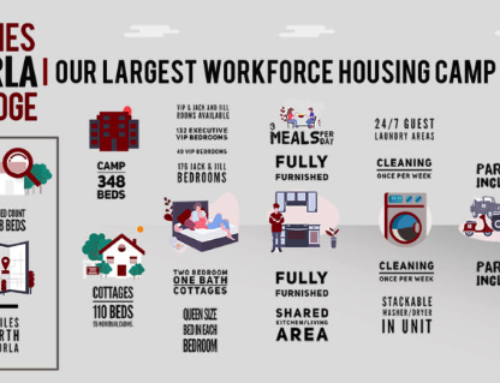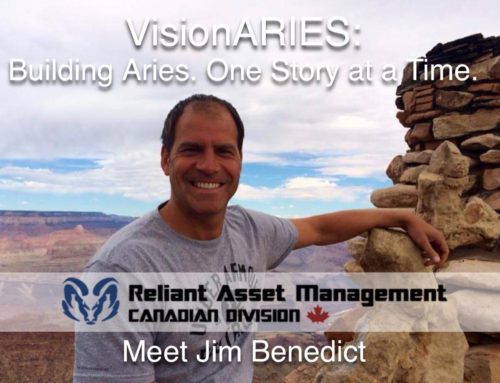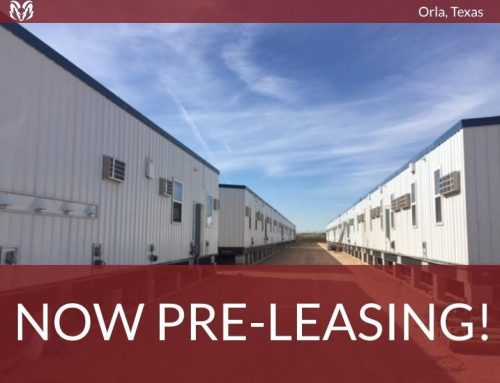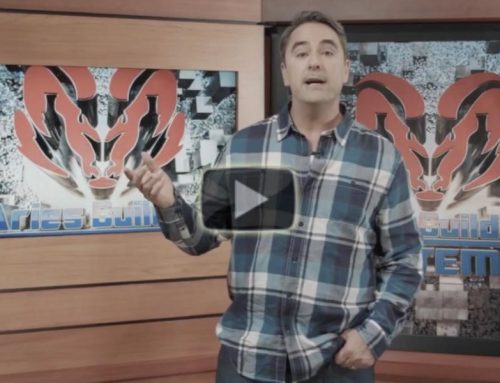With the new boom in U.S. shale plays come both blessings and hardships. On the one hand, such a large influx in energy production provides enormous economic benefit for citizens, field workers, and corporations alike. On the other hand, all of this new oil is being sourced from territory previously thought to have much lower potential for production, land with little infrastructure and few tools to transport the goods responsible for its newfound prosperity.
Transportation Malfunction
Throughout 2013 and early 2014, derailments of oil-bearing trains have been at an all time high. The problem stems for an absence of pipelines and an excess of new oil. In fact, 2013, a year that brought astonishingly high production from U.S. shale plays, was a record-setting year for oil-related train accidents, with 1.15 gallons of crude oil spilled during transport. For perspective, a total of roughly 800,000 gallons were spilled between 1975 and 2012. Clearly shale plays are the contributing factor to the crisis. Compounding the problem is the nature of Bakken oil itself, which the Wall Street Journal found to be more highly combustable than other types of crude.
Health, Safety, and Environmental Concern
Producers and regulators are in agreement of the implications of such spills; the health and safety of train engineers and that of the citizens whose localities they pass through is being put at high risk. Environmental concerns, such as ground water contamination, harm to wildlife, and ecosystem disruption, have also been brought to the forefront of the industry dialogue.
A Move Toward New Regulation
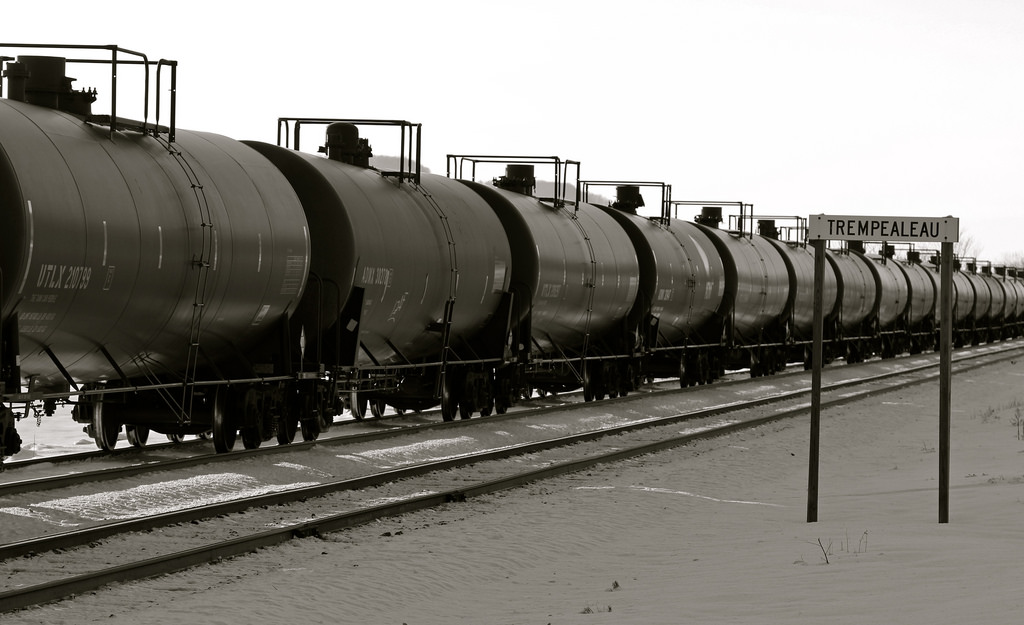
In response to the increase in accidents and their grave consequences, regulators have just recently spoken out in favor of new regulation to begin addressing the issue. The U.S. Department of Transportation (DOT) has already implemented emergency regulation requiring rail carriers to notify State emergency officials before carrying oil across state lines. On top of that, the DOT has issued an advisory statement (not legally enforceable) recommending that rail carriers only transport crude in rail tankers of the utmost integrity – a recommendation that would exclude over 50% of the current rail tanker fleet.
Future Solutions
Although there is no easy solution on the immediate horizon, other modes of transportation may eventually be available. For example, new, privately-backed pipelines are already being considered by companies working in U.S. Shale plays. Regulators are also calling on rail carriers to consider building new infrastructure to service shale play states.
Regardless of what is happening now, the current rate of production, and the rate at which it is expected to grow, will certainly force industry leaders to explore alternative methods of transportation. For maximum profit and productivity, the current infrastructure simply isn’t sustainable.
Photo by Roy Luck


